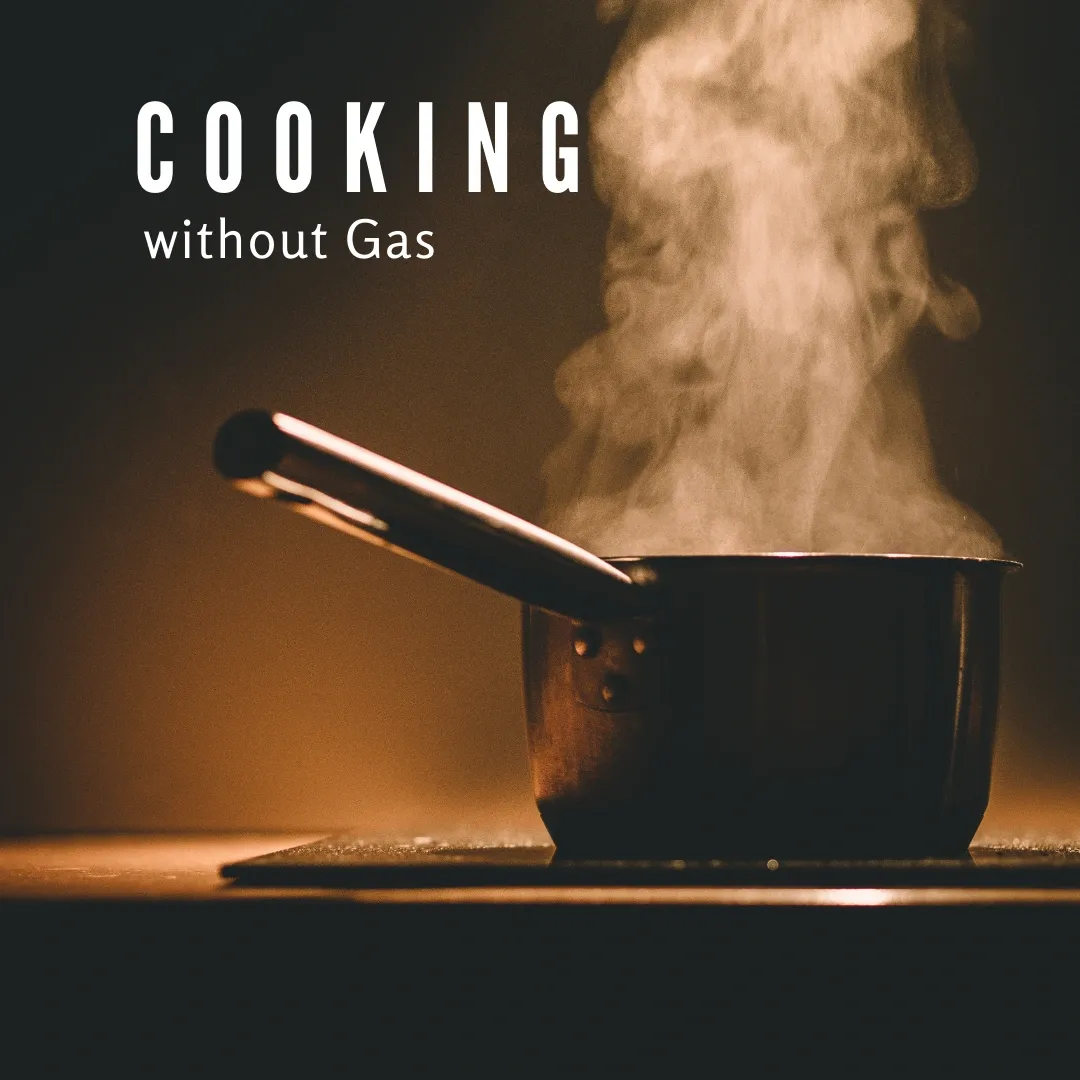Cooking without gas is a great alternative for anyone concerned about IAQ and energy efficiency. If it’s something you’re interested in, consider induction cooktops.
They rely on electromagnetic energy that transfers heat directly into cookware, and the induction method reduces cooking time, saves energy, and can improve air quality. Read more about how induction cooking works.
In addition, evidence is mounting that cooking with gas carries health risks because it raises indoor air pollutants. Hazards include asthma, decreased lung function, increased susceptibility to allergies, and learning deficits in kids, says Rocky Mountain Institute’s 2020 report.
Especially if you work in places like New York City and California, that are shifting away from gas stoves, it’s smart to be ready to answer clients’ questions about induction cooking.
Greater efficiency, easy clean-up
These appliances have been getting more attention for several reasons, including cooking precision, easy clean-up, health and environmental benefits.
According to ACEEE, up to 90% of the energy consumed is transferred to the food with induction cooking, compared to 40% for gas. This cooking method generates less ambient heat, keeping the kitchen cooler and requiring ventilation fans to run more slowly and for less time.
Some additional facts:
Induction options include cooktops built into an island or countertop, ranges that combine ovens and induction cooktops, and single or two-burner portable units.
The flat, sleek surfaces typically feature circles indicating where to put pots.
You use a digital touch display to set and change heat levels, and when you turn down the temperature, the heat drops quickly. When you remove a pot, the heat cuts off immediately. This is a safety feature that minimizes the chances of getting burned.
Clean-up entails wiping down the cooktop’s surface, not scraping off baked-on gunk.
High-end appliance manufacturers, including Aga, Viking, Wolf, and others, are producing induction ranges that are just as stylish as their gas counterparts. The same goes for manufacturers of mid-range products.
Prices vary widely, with IKEA’s SÄRKLASSIG induction cooktop costing $799, and the AGA Elise Series 48-inch electric induction range coming in at just over $9,000.
Higher-end models often include energy boosters, wireless roast probes, and surfaces that allow you to place a pot anywhere on the cooktop.
“It’s an attainable luxury,” says Matos-Rogers. “Because there are so many affordable options, people can get induction’s performance in all price points.”
A chef’s take
Several high-profile chefs, including Rick Bayless, Eric Ripert, and Ming Tsai have switched to induction cooking in their home kitchens and are fans of the method.
Chicago-based chef Robin Nathan cooks for private parties and offers private cooking classes through her business, At Home with Chef Robin. She got a crash course in induction cooking when she switched her cooking demos to a virtual format during the pandemic and started relying on portable induction cooktops.
She notes that induction does a beautiful job for stir-frying, searing protein, and it’s perfect for sous-vide fans. Also, boiling water is incredibly quick on an induction, about half the time required by gas – for those who frequently cook pasta.
Still, induction is a learning curve, particularly when cooking at low temperatures or preparing food that needs babying. Think eggs and rice, for instance.
“Sometimes an induction can be too fast, and you have to monkey with it and get used to it,” Nathan comments. “But if you’re a proficient cook, it shouldn’t throw you.”
Cookware and electrical capacity
One consideration is getting the right cookware for induction. It requires pans containing ferrous metal, meaning that ceramic, aluminum, and copper cookware are out.
If a magnet sticks to the bottom of a pan, it will work with induction.
You also have to check the electrical requirements of induction cooktops or ranges you’re considering. For example, a full-size, four- or five-burner stovetop with a power boost requires a dedicated, grounded 240-volt outlet with a 40- or 50-amp breaker, according to the Building Decarbonization Coalition’s electric kitchens site.
Commitment phobic?
Small countertop induction cooktops that look like hotplates mirror the experience of a full induction cooktop and are a way to test-drive whether induction is suitable for you.
Matos-Rogers has no buyer’s remorse and considers his choice of an induction range a win, getting him a step closer to fully electrifying his house and reducing his environmental footprint. “The induction stoves have that chunky pro look, and the sleek, minimal cooking surface delivers a modern vibe,” he says.
Nathan adds, “Since gas stoves contribute to global warming, you can do something extra for the environment by switching to induction,” comments Nathan.
For more information, contact us here.



